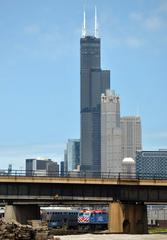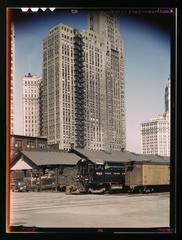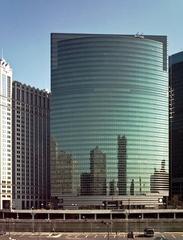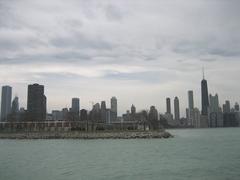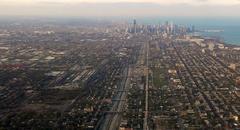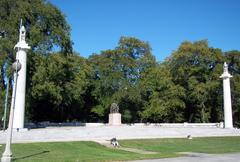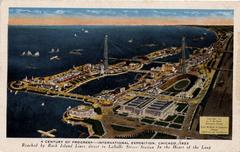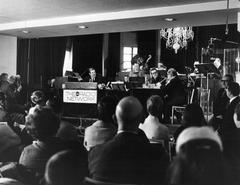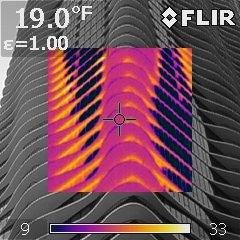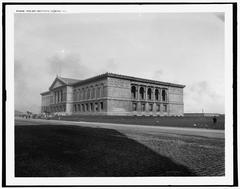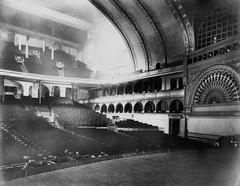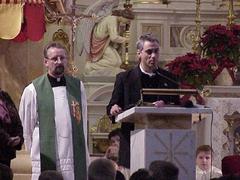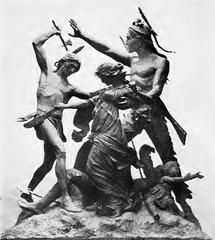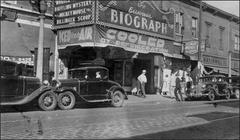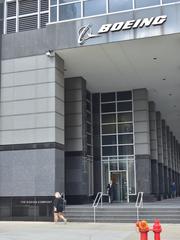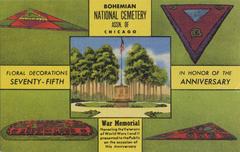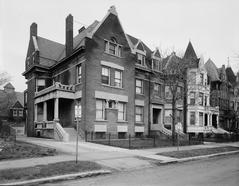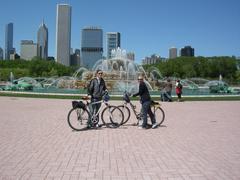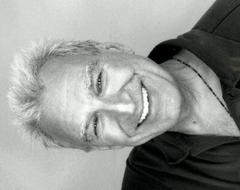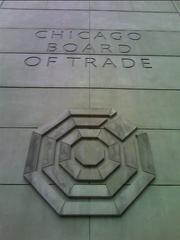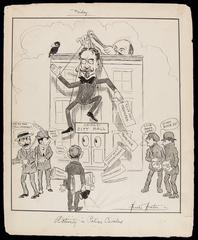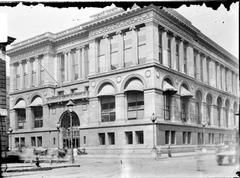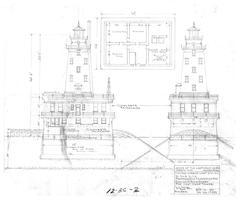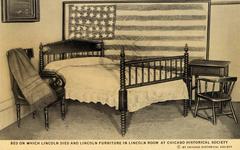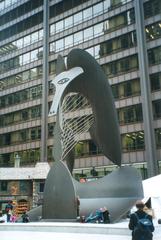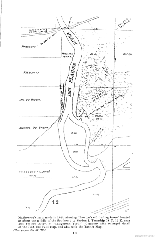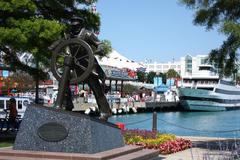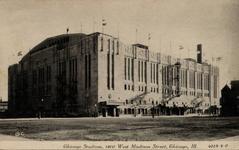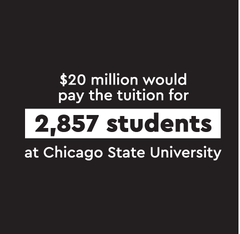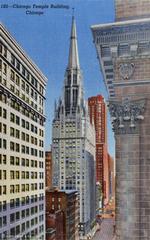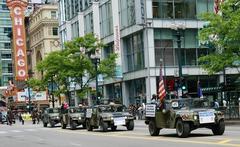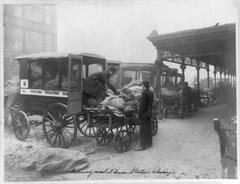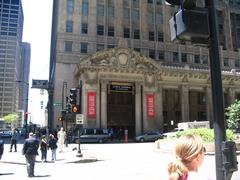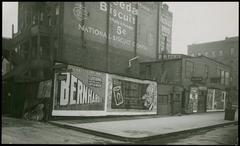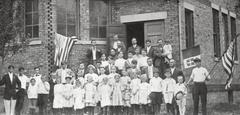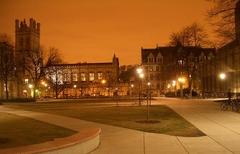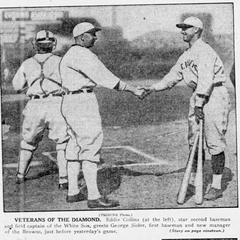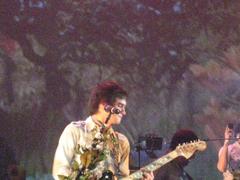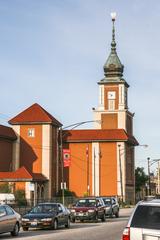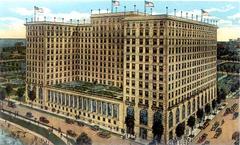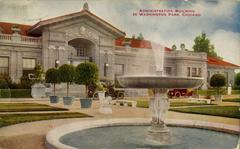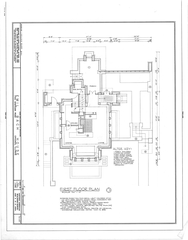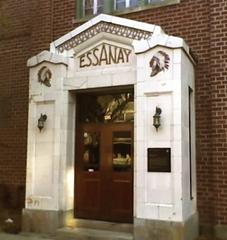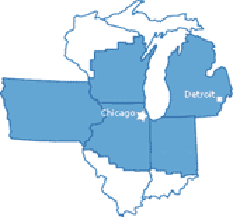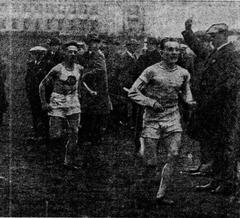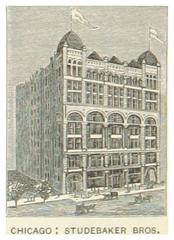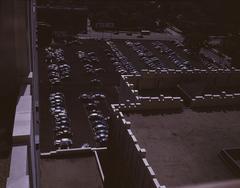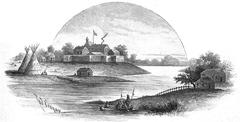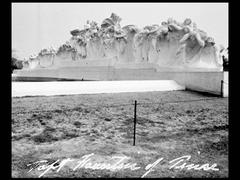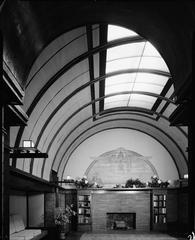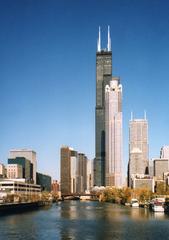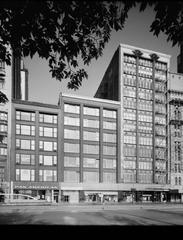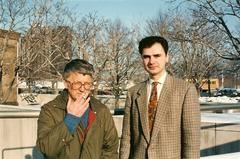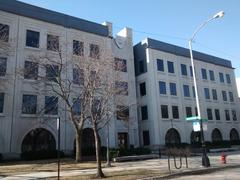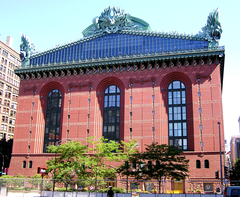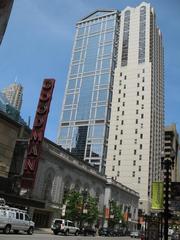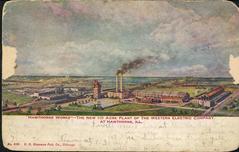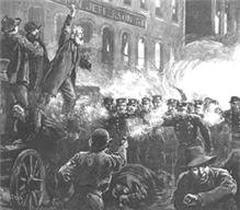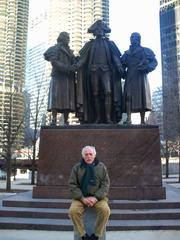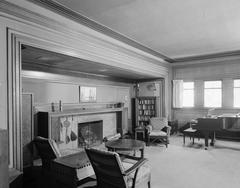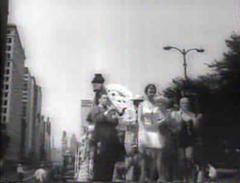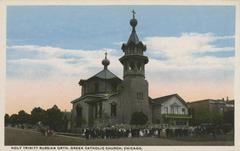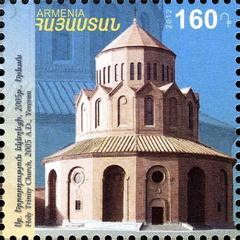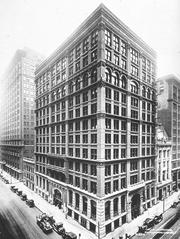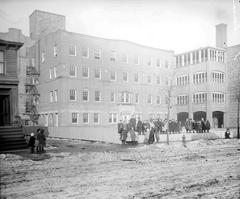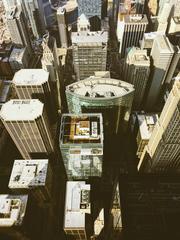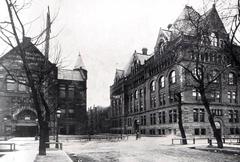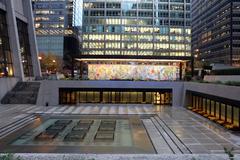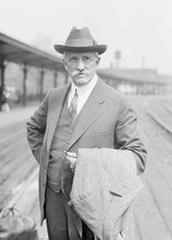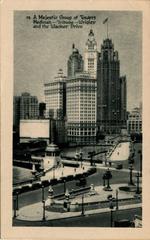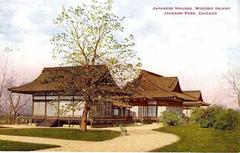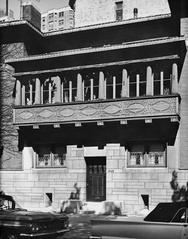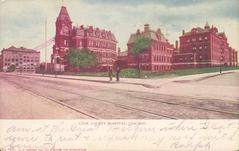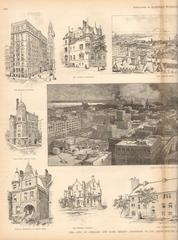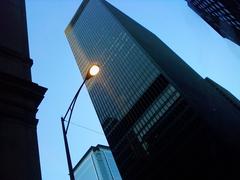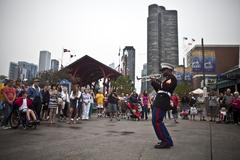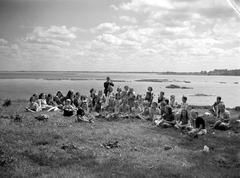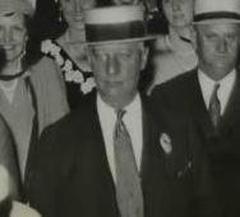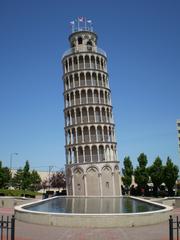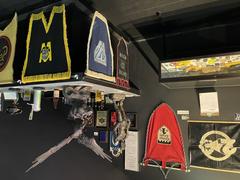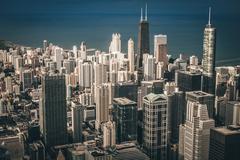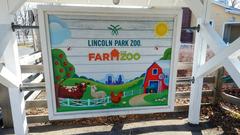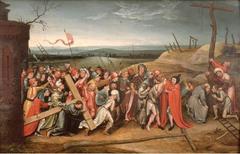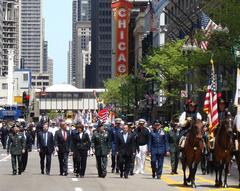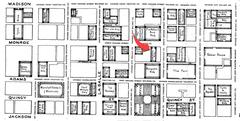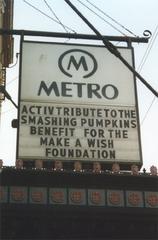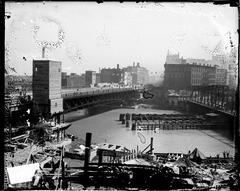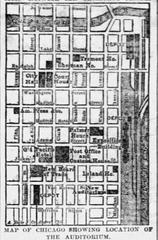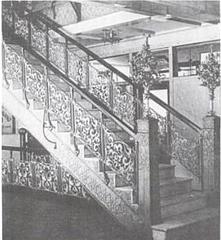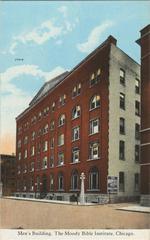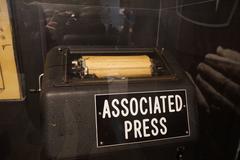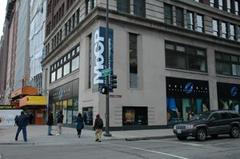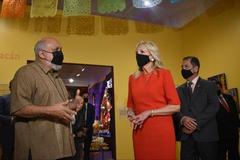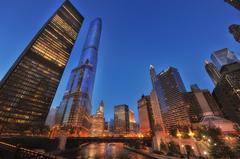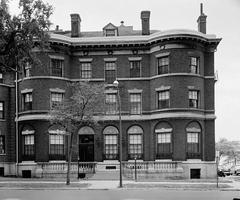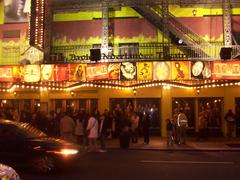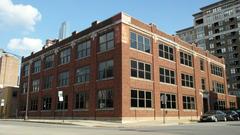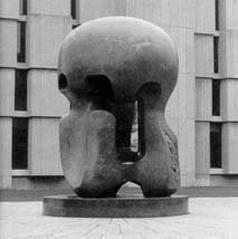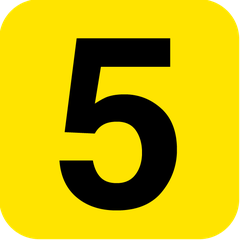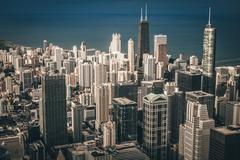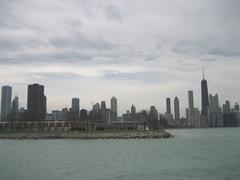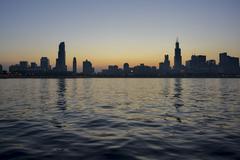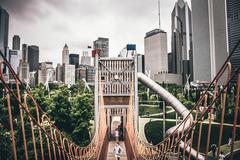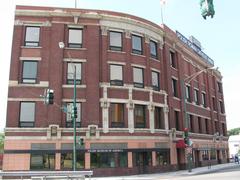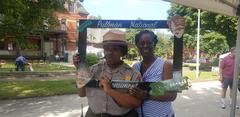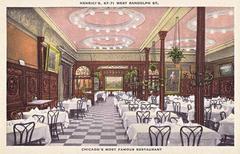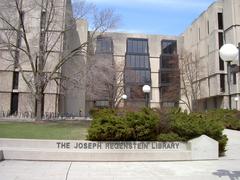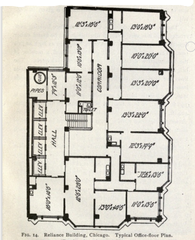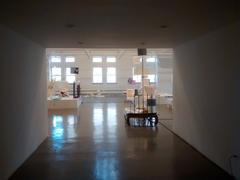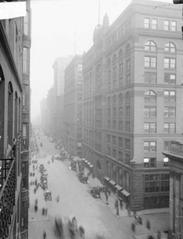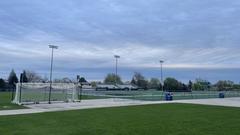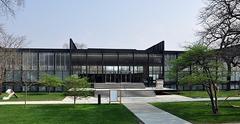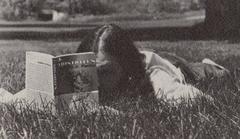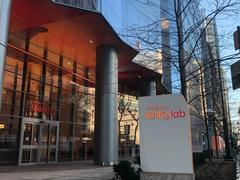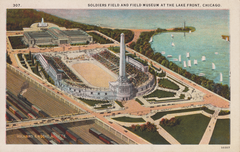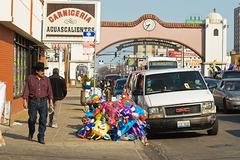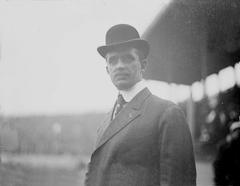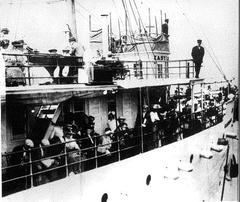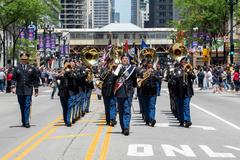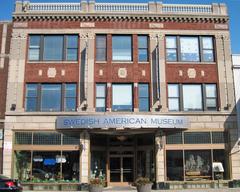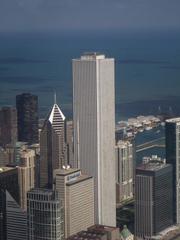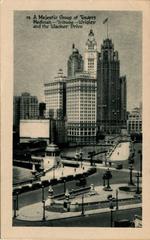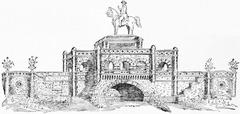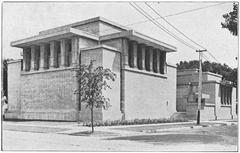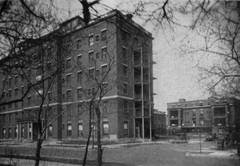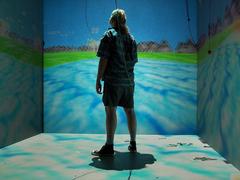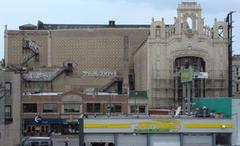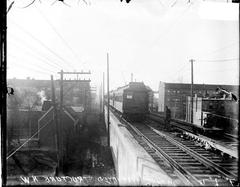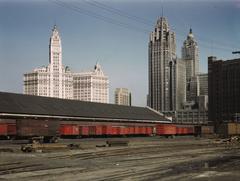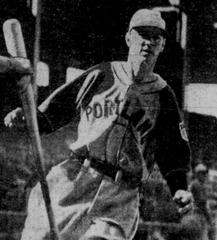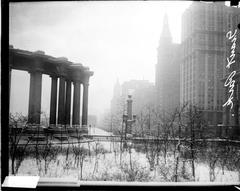The Playground Chicago: Visiting Hours, Tickets, and Travel Guide
Date: 04/07/2025
Introduction: Chicago’s Playgrounds and The Playground Theater
Chicago stands out as a city where recreation and culture intersect, offering a diverse array of playgrounds and a world-renowned theater scene. Its playgrounds have evolved from simple community spaces to imaginative, accessible environments that serve as vital neighborhood hubs, reflecting a century-long commitment to inclusivity and innovation (noplacelikeanywhere.com; upparent.com). Simultaneously, The Playground Theater Chicago has become a pillar of the city’s improvisational comedy legacy, nurturing talent and fostering a vibrant, welcoming atmosphere for performers and audiences alike (UrbanMatter; Improv Fandom; playground-ch.org).
This guide provides a comprehensive overview of Chicago’s playgrounds and The Playground Theater, including historical context, visiting logistics, accessibility, and nearby attractions. Whether you’re planning a family day outdoors or an evening at the theater, you’ll find practical tips and cultural highlights to make the most of your visit.
Table of Contents
- Early History of Chicago Playgrounds
- Chicago Playgrounds Today: Visiting Hours, Tickets, and Accessibility
- Key Milestones and Notable Playgrounds
- Trends in Playground Design
- Planning Your Visit: Hours, Tickets, and Tips
- Chicago’s Playground Theater: Visiting Hours, Tickets, and Cultural Impact
- Visitor Recommendations and Nearby Attractions
- Resources and References
Early History of Chicago Playgrounds
The development of playgrounds in Chicago reflects the city’s broader commitment to public welfare and urban innovation. In the late 19th and early 20th centuries, rapid industrialization and urban growth highlighted the need for safe, structured play areas. Reformers, influenced by the national Progressive Movement, advocated for playgrounds as essential to child health and community well-being.
Chicago’s first municipally operated playground, Seward Park, opened in 1908, marking the start of a citywide effort to integrate recreation into urban life (noplacelikeanywhere.com). Over time, playgrounds became integral to Chicago’s park system, adapting to changing priorities in safety, inclusivity, and design.
Chicago Playgrounds Today: Visiting Hours, Tickets, and Accessibility
Most Chicago playgrounds are free and open from dawn until dusk, with some exceptions for specialized facilities or seasonal features. For instance, Maggie Daley Park opens daily from 6 a.m. to 11 p.m., and certain amenities may require timed-entry tickets during peak periods. Always check the Chicago Park District or individual park websites for the latest information.
Accessibility is a priority, with many playgrounds featuring ADA-compliant equipment, rubberized surfaces, and inclusive play zones. Margaret Donahue Park, for example, offers accessible surfacing, tot areas, and water features to accommodate children of all abilities (upparent.com). Public transit and parking options vary by location, so plan ahead for a smooth experience.
Key Milestones and Notable Playgrounds
Maggie Daley Park
Opened in 2015, Maggie Daley Park transformed a former parking lot into a 20-acre wonderland of themed play zones, climbing walls, a skating ribbon, and mini-golf. Its Play Garden features areas like the Slide Crater and Enchanted Forest, designed to spur imaginative play year-round (kidsfirsttravel.com; noplacelikeanywhere.com).
Indian Boundary Park
A North Side staple since 1922, Indian Boundary Park combines rich history and recreation. Its unique wooden playground, lagoon, and Tudor Revival fieldhouse make it a destination for families and history buffs alike (upparent.com).
Mary Bartelme Park
Located in the West Loop, Mary Bartelme Park features a modern play structure, misting fountain, and dog park, making it a popular spot for families and community gatherings (kidsfirsttravel.com).
Other Highlights
- Skinner Park: Noted for its wooden climber and splash pad (kidsfirsttravel.com).
- Holstein Park: Features a wading pool and relaxed, local vibe.
- Adams Park: Offers ADA-accessible play equipment, picnic areas, and a water spray park (upparent.com).
Trends in Playground Design
Modern Chicago playgrounds emphasize nature-inspired materials, adventure play, and integration with broader park amenities. Popular trends include splash pads (Bartelme Park), woodland themes (Nichols Park), and play structures that accommodate children of all abilities (kidsfirsttravel.com).
Many playgrounds also incorporate art and cultural themes, such as the “Wizard of Oz”-inspired Oz Park and mosaic-adorned Weisman Park (upparent.com).
Planning Your Visit: Hours, Tickets, and Tips
- Hours: Most playgrounds are open from dawn to dusk; check individual park schedules.
- Tickets: Admission is generally free; specialized features may require tickets.
- Accessibility: ADA-compliant equipment is common, but check park websites for details.
- Transport: Many sites are accessible by CTA; parking varies.
- Safety: Supervision is encouraged; some parks have staff during peak hours.
Chicago’s Playground Theater: Visiting Hours, Tickets, and Cultural Impact
Location, Hours, and Accessibility
As of April 2025, The Playground Theater is located at 4416 N. Clark Street, above MyBuddy’s bar in Uptown. The venue is accessible by public transit, with the Montrose Brown Line stop and multiple CTA bus lines nearby. The theater is wheelchair accessible, with accessible restrooms (playground-ch.org).
Showtimes: Performances usually occur evenings between 7:00–10:00 p.m. Check the official website for the latest schedule.
Ticket Information
Tickets are affordably priced, typically $10–$20 for most shows. Special events, such as galas, may cost more. Discounts are available for students, seniors, and groups. Purchase tickets online or at the door (subject to availability). Free or donation-based events are also offered.
Significance in the Improv Scene
Founded in 1997, The Playground Theater is Chicago’s only not-for-profit improv co-op, nurturing both emerging and established talent. Its ensemble-based model, volunteer-driven ethos, and commitment to diversity have cemented its status as a vital incubator for improvisation in Chicago (UrbanMatter; Improv Fandom).
The theater’s innovative programming includes house teams, guest artists, workshops, the MOSAIC residency, and the Monday Night PlayGround series for new play development (playground-ch.org).
Community Engagement and Diversity
The Playground Theater is dedicated to equity and inclusion, uplifting marginalized voices and upholding anti-racist policies. Its community-driven approach and affordable ticketing lower barriers for both audiences and artists.
Visitor FAQs
- Are tickets refundable? Generally, no. Check event-specific terms.
- Is the theater accessible? Yes, with accessible seating and restrooms.
- Are there family-friendly shows? Some performances and workshops are family-friendly; check the calendar.
- Can I bring food or drinks? Beverage policies allow drinks from MyBuddy’s bar; outside food is not permitted.
- How do I get there? Public transit is recommended; street and paid parking are nearby.
Visitor Recommendations and Nearby Attractions
- Arrive early for general admission seating.
- Use public transit to avoid parking hassles.
- Explore Uptown: Visit Wrigley Field, Riviera Theatre, Aragon Ballroom, Andersonville, and Montrose Beach.
- Support the theater through donations or purchasing merchandise.
Resources and References
- The Best Parks and Playgrounds in Chicago – noplacelikeanywhere.com
- Best Playgrounds in Chicago – upparent.com
- Chicago’s Best Playgrounds – kidsfirsttravel.com
- The Playground Theater – UrbanMatter
- The Playground Theater – Improv Fandom
- Playground Theater Chicago – Official Site
- The Playground Theater – Official Website
Summary and Final Tips
Chicago’s playgrounds and The Playground Theater offer rich, accessible experiences for all ages, celebrating the city’s legacy of recreation and artistic innovation. Plan ahead by checking official websites for the latest on hours, tickets, and policies. For a seamless visit and more Chicago cultural content, download the Audiala app and follow related social media channels.
